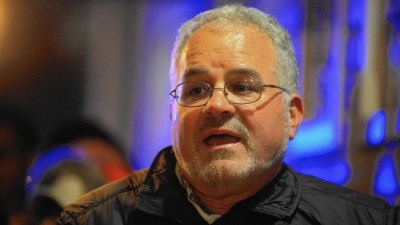On Sunday, the Chicago Tribune ran a page-one piece about the case of Fr. Bruce Wellems, a Chicago priest who admitted to luring a seven-year-old boy from basketball games and then sexually abusing him multiple times during the course of a year. Wellems was an older teenager at the time. Did the Claretians (the…Continue reading Why can’t anyone tell the truth about Fr. Bruce Wellems?
